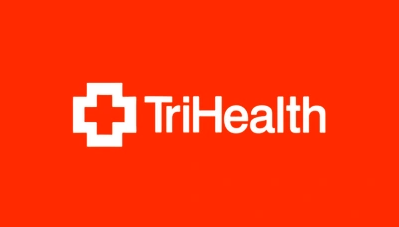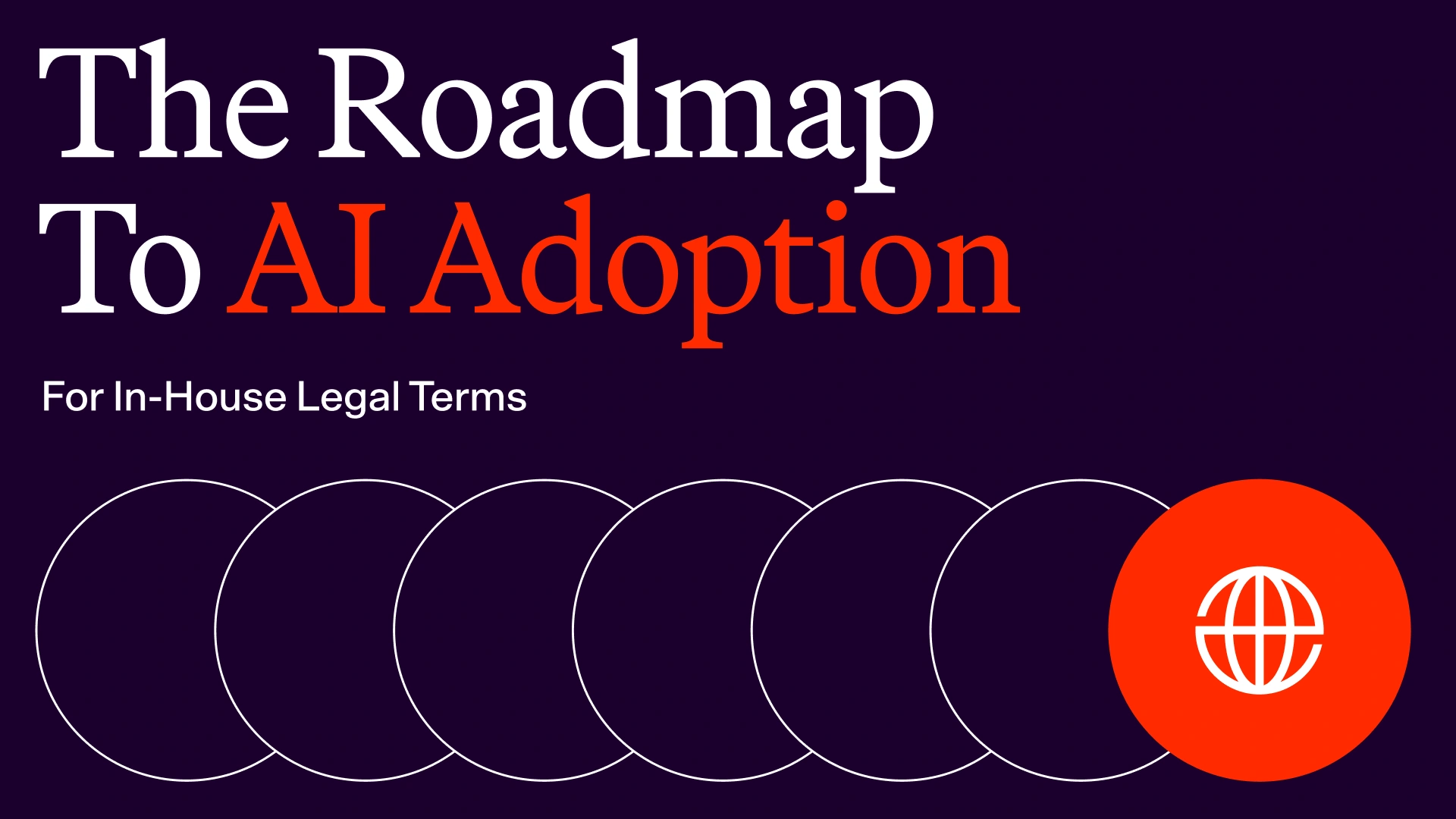AI Review for SaaS Terms of Service Agreements (TOUs)
What is a SaaS Terms of Service Agreement?
A SaaS (Software as a Service) Terms of Service Agreement, also known as a TOU (Terms of Use), is a legal contract between a SaaS service provider and its customers. The agreement outlines the rights and responsibilities of both parties, setting clear expectations for the services to be provided, the level of performance, and the support and maintenance to be offered.
SaaS Terms of Service Agreements are essential for businesses across a wide range of industries that rely on cloud-based software solutions. These industries include healthcare, education, retail and e-commerce, finance and banking, human resources, marketing, manufacturing and supply chain, legal, real estate, and IT, among others
Why Use a SaaS Terms of Service Agreement?
There are several key reasons why businesses should use SaaS Terms of Service Agreements:
- Risk allocation: SaaS Agreements allocate risks between the parties, addressing issues such as service outages, data breaches, or non-compliance with regulations. By identifying each party's responsibilities and liabilities, the agreement helps ensure that both parties understand and manage their exposure to risk.
- Intellectual property protection: SaaS Agreements protect the intellectual property (IP) rights of both parties. For the service provider, the agreement typically confirms its ownership of the software and any associated IP, while also granting the customer a limited license to use the service. For the customer, the agreement should safeguard its data and any IP generated through the use of the service.
- Data security and privacy: B2B transactions often involve the exchange and storage of sensitive data. A SaaS Agreement should address data security and privacy requirements, ensuring that the service provider adheres to applicable laws and industry standards for protecting customer data.
- Compliance with laws and regulations: SaaS Agreements help both parties comply with relevant laws and regulations, such as data protection laws, export controls, or industry-specific regulations. By setting forth the parties' respective obligations, the agreement reduces the risk of non-compliance and potential penalties.
- Dispute resolution: By defining the process for resolving disputes, a SaaS Agreement can help avoid costly litigation and provide a framework for resolving conflicts amicably.
- Termination and transition: A SaaS Agreement should outline the conditions under which the agreement may be terminated and set forth the process for transitioning away from the service, including data retrieval and deletion.
What Should Be Included in a SaaS Terms of Service Agreement?
According to the provided document, the top provisions to consider in a SaaS Terms of Service Agreement are:
- Details of the Services: Clearly define the scope and functionality of the SaaS services being provided, ensuring that both the service provider and the customer have a clear understanding of the features, capabilities, and limitations of the software. Include or reference the Service Level Agreement (SLA), which sets performance standards and expectations for the SaaS service, such as uptime guarantees, response times, and maintenance schedules.
- Use of Customer Data: Address the measures taken by the service provider to protect the customer's data and maintain privacy in compliance with applicable data protection laws and privacy/security regulations (e.g., GDPR, CCPA). Cover the provider's data breach response plan and responsibilities in case of a security incident. This clause ensures that the customer's data is safeguarded and establishes trust between the service provider and the customer.
- Intellectual Property (IP) Rights: Define the ownership of intellectual property rights in the software, as well as any content or data generated through the use of the SaaS service. Cover the scope of the license granted to the customer, restrictions on the use of the service, and protection of the provider's proprietary rights. This clause ensures that the service provider's intellectual property is protected while clarifying the customer's rights and limitations when using the service.
In addition to these top provisions, a comprehensive SaaS Terms of Service Agreement should also include:
- Payment Terms: Specify the pricing model (e.g., subscription-based, pay-per-use), payment frequency, invoicing procedures, and any applicable taxes or fees. Include provisions for late payments, refunds, and price changes.
- Term and Termination: Define the duration of the agreement and the conditions under which either party can terminate the contract. Include provisions for termination for convenience, termination for cause (e.g., breach of contract), and the consequences of termination, such as data retrieval and deletion.
- Limitations of Liability: Outline the extent of each party's liability in case of service disruptions, data loss, or other issues arising from the use of the SaaS service. Include any caps on liability and exclusions for certain types of damages (e.g., indirect, incidental, or consequential damages).
- Warranties and Disclaimers: Specify any warranties provided by the service provider regarding the performance, availability, and security of the SaaS service. Include disclaimers for implied warranties and limitations on the service provider's liability.
- Support and Maintenance: Define the level of customer support to be provided, including available support channels (e.g., email, phone, chat), response times, and escalation procedures. Outline the service provider's obligations for maintaining and updating the software, as well as any planned downtime for maintenance.
- Confidentiality: Establish the obligations of both parties to maintain the confidentiality of sensitive information disclosed during the course of the business relationship. Define what constitutes confidential information and specify any exceptions to confidentiality (e.g., information that is already public).
- Governing Law and Dispute Resolution: Specify the jurisdiction whose laws will govern the interpretation and enforcement of the agreement. Outline the process for resolving disputes, which may include informal negotiation, mediation, arbitration, or litigation.
Checklist for a Good SaaS Terms of Service Agreement
To ensure that your SaaS Terms of Service Agreement is effective, comprehensive, and legally sound, use this checklist:
- Clearly define the details of the SaaS services
- Address the use and protection of customer data
- Specify intellectual property rights and ownership
- Include payment terms and pricing information
- Define the term and termination conditions
- Outline limitations of liability
- Specify warranties and disclaimers
- Detail support and maintenance obligations
- Include confidentiality provisions
- Specify governing law and dispute resolution procedures
- Ensure the agreement is reviewed and approved by legal counsel
- Obtain signatures from authorized representatives of both parties
- Securely store executed copies of the agreement
AI Contract Review for SaaS Terms of Service Agreements
To give you a sense for the benefits of leveraging ai legal contracts trained by lawyers, we’ve selected some sample language our software presents to customers during a review. Keep in mind that these are static in this overview, but dynamic in our software - meaning our AI identifies the key issues and proactively surfaces alerts based on importance level and position (company, 3rd party, or neutral) and provides suggested revisions that mimic the style of the contract and align with party names and defined terms. See how our AI enhances the review process for tech industry contracts.
These samples represent a small sampleof the pre-built, pre-trained Legal AI Contract Review solution for SaaS Terms of Service Agreements. If you’d like to see more, we invite you to book a demo.
DATA: PROTECTION OF PERSONAL INFORMATION
For: Both
Alert: May be missing an article regarding the parties' data protection obligations.
Guidance: Data protection is a vital component of SaaS agreements, as these services frequently involve the collection, storage, and processing of sensitive data. It is advisable to include a clause in the SaaS Terms of Service Agreement that outlines the data protection obligations of both parties. This ensures that they understand their responsibilities in managing and safeguarding user data, helping to maintain trust, prevent data breaches, and comply with relevant laws and regulations.
In practical terms, this provision serves to protect sensitive customer data, such as names, addresses, and purchase histories, by implementing robust encryption, conducting regular security audits, and providing training on data protection best practices.
Relevant statutes or laws to consider in this context include the United States' federal and state data protection laws, such as the California Consumer Privacy Act (CCPA) and the New York Stop Hacks and Improve Electronic Data Security (SHIELD) Act. If the SaaS provider or its customers process data of individuals located in the European Union, the General Data Protection Regulation (GDPR) may also be applicable.
Additionally, other federal laws such as the Health Insurance Portability and Accountability Act (HIPAA) and the Children's Online Privacy Protection Act (COPPA) may apply to data protection and privacy, depending on the nature of the SaaS service and the type of information being collected and processed.
Sample Language:
PROTECTION OF PERSONAL INFORMATION
The terms of the Data Processing Addendum (the “DPA”) posted as of the Effective Date are hereby incorporated by reference.
IP: NO USE BY A COMPETITOR OF THE PROVIDER
For: Provider
Alert: May be missing an article prohibiting use of the service by a competitor of the provider.
Guidance: To safeguard the provider's proprietary rights and competitive interests within a SaaS Terms of Service Agreement, it is recommended to incorporate a clause that explicitly forbids the use of the service by competitors. This precaution helps maintain a level playing field in the market and prevents competitors from gaining unfair advantages by accessing the provider's services, resources, and intellectual property.
For example, if a SaaS provider offers a unique project management tool, a competitor may attempt to replicate or analyze its features by signing up for the service under false pretenses. By including a non-compete clause in the Terms of Service Agreement, the provider can take legal action against the competitor for breaching the agreement and protect its proprietary information.
However, it is essential to consider general principles of contract law, intellectual property law, and unfair competition law when drafting and implementing such a provision.
Sample Language:
NO USE BY A COMPETITOR OF THE PROVIDER
PROVIDER’s direct competitors are prohibited from accessing the Services, except with PROVIDER’s prior written consent.
IP: RESTRICTION ON COPY, MODIFICATION, CREATION OF DERIVATIVE WORKS OF THE SERVICES
For: Provider
Alert: May be missing an article prohibiting the customer from copying, modifying or otherwise creating derivative works of the service.
Guidance: It is essential to safeguard the service provider's intellectual property rights. One method to accomplish this is by explicitly forbidding the customer from copying, modifying, or creating derivative works of the service. This ensures that the provider's intellectual property remains protected from unauthorized use, alteration, or distribution, which could adversely affect their business and the value of their service.
For example, if a customer attempts to reverse-engineer the software provided by the SaaS company to create a competing product, the inclusion of this provision in the Terms of Service Agreement enables the service provider to pursue legal action against the customer for violating the terms and infringing on their intellectual property rights.
Relevant laws to consider in this context include the United States Copyright Act, which governs the protection of copyrighted works, and the Digital Millennium Copyright Act (DMCA), which addresses the circumvention of copyright protection systems. State-level trade secret laws and the federal Defend Trade Secrets Act (DTSA) may also be relevant in protecting the service provider's intellectual property.
Sample Language:
RESTRICTION ON COPY, MODIFICATION, CREATION OF DERIVATIVE WORKS OF THE SERVICES
USER shall not, and shall not allow Users to copy, modify, or create a derivative work of the Services or any part, feature, function or user interface thereof.
Best Practices for Using SaaS Terms of Service Agreements
To make the most of your SaaS Terms of Service Agreements and ensure their effectiveness, follow these best practices:
- Be transparent and clear: Use plain language and avoid legal jargon to ensure that your customers can easily understand the terms and conditions of the agreement. Be transparent about the services being provided, the customer's rights and obligations, and any limitations or disclaimers.
- Tailor the agreement to your business: While templates can be a helpful starting point, it's essential to customize your SaaS Terms of Service Agreement to fit your specific business model, services, and customer base. Consider the unique aspects of your offerings and ensure that the agreement addresses them adequately.
- Regularly review and update the agreement: As your business evolves and legal requirements change, your SaaS Terms of Service Agreement may need to be updated to remain relevant and compliant. Schedule regular reviews of your agreement to ensure that it stays up-to-date and aligns with your current practices and objectives.
- Obtain explicit acceptance: Ensure that your customers explicitly accept the SaaS Terms of Service Agreement before they can access or use your services. This can be done through clickwrap agreements, where customers must click an "I agree" button, or through browsewrap agreements, where the terms are prominently displayed and customers are deemed to have accepted them by using the service.
- Provide easy access to the agreement: Make your SaaS Terms of Service Agreement easily accessible to customers, both before and after they accept the terms. Include links to the agreement on your website, within your application, and in any relevant communications with customers.
- Train your team: Ensure that all relevant employees, including sales representatives, customer support staff, and product managers, are familiar with the terms and conditions of your SaaS Terms of Service Agreement. Provide training on how to communicate the key provisions to customers and how to handle questions or concerns that may arise.
Conclusion
SaaS Terms of Service Agreements are critical for businesses that provide cloud-based software solutions to their customers. By clearly defining the rights, obligations, and expectations of both parties, these agreements help to mitigate risks, protect intellectual property, ensure data security and privacy, and facilitate compliance with relevant laws and regulations.
To create an effective SaaS Terms of Service Agreement, it's essential to include key provisions such as the details of the services, the use of customer data, intellectual property rights, payment terms, termination conditions, limitations of liability, warranties and disclaimers, support and maintenance obligations, confidentiality, and dispute resolution procedures.
By following best practices for drafting, implementing, and maintaining your SaaS Terms of Service Agreements, you can establish a strong legal foundation for your customer relationships, foster trust and transparency, and ultimately drive the success of your SaaS business.
Experience LegalOn Today


.svg)









